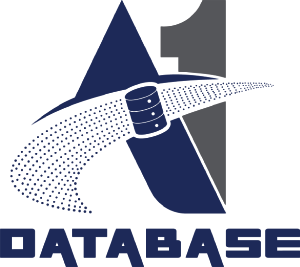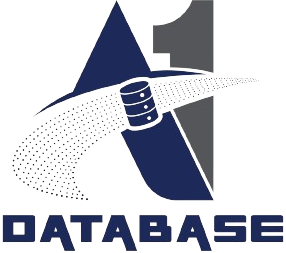- December 10, 2024
- by Admin
- Data Cleansing
Data validation refers to the procedure of confirming the precision and quality of the data that has been extracted prior to any subsequent actions being taken. It is imprudent to presume that all information regarding your leads, such as names, email addresses, and company names, has been accurately recorded in the database. Various factors can compromise data integrity, including issues with data sources and human mistakes, especially in records that are entered manually. Consequently, data validation serves as the initial and most critical step towards achieving data hygiene.
There are five main types of data validation:
Data validation is the act of verifying the accuracy and quality of data that has been extracted before any additional actions are undertaken. Assuming that all information related to your leads, including names, email addresses, and company names, has been correctly entered into the database is a risky proposition. Data can be compromised in numerous ways, from malfunctions in data sources to human errors, especially in cases of manual data entry. Thus, data validation is regarded as the primary and most crucial step in the pursuit of data hygiene.
Aligning data formats
The next step in the marketing data cleansing process is to unify all metrics into a single format. One of the most frequent challenges encountered in marketing data is the variation in naming conventions. It has been established that the same metric may be labelled differently across various platforms. When marketers engage with a multitude of marketing and sales tools that do not communicate with one another, they often find themselves wasting significant time assessing what is effective and what is not. The task of monitoring each metric’s name and manually mapping all sources can be quite tedious.
To save time and enhance data accuracy, marketers frequently implement automated solutions to synchronize all metrics. For example, Improv ado’s Marketing Common Data Model (MCDM) automatically harmonizes differing naming conventions and provides analysts with data that is ready for analysis. This platform can liberate up to 20% of marketing analysts’ time by automatically aligning all data fields and normalizing varied data, enabling them to accelerate routine data processing and concentrate on analysis.

